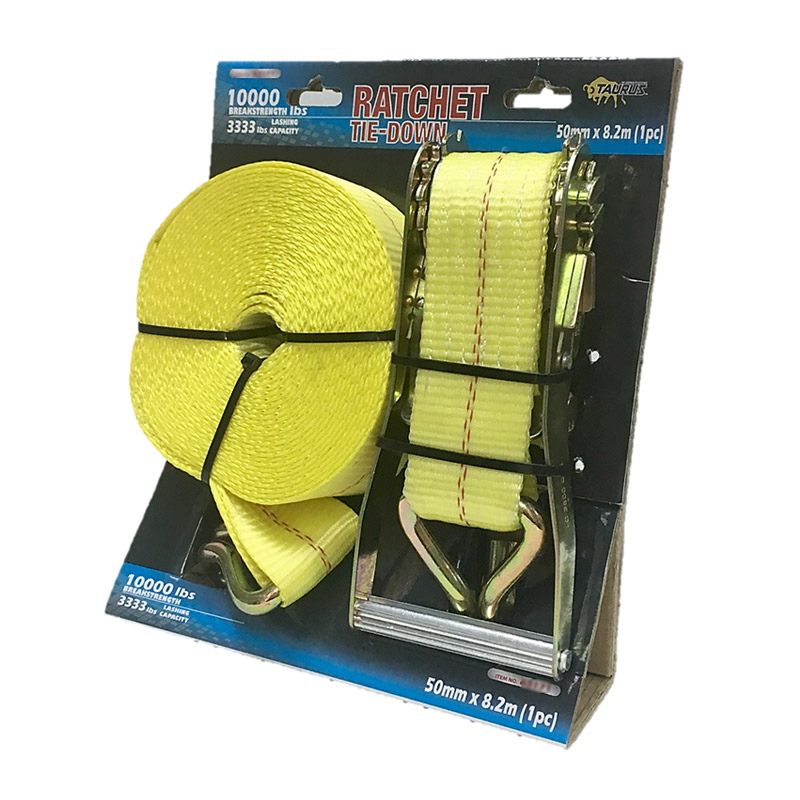countersunk head self tapping screw
Understanding Countersunk Head Self-Tapping Screws
Countersunk head self-tapping screws are specialized fasteners that play a crucial role in various construction and manufacturing applications. These screws are designed with a conical-shaped head, allowing them to sit flush with the surface of the material they are fastened into. This design feature not only enhances the aesthetic appeal of the finished product but also minimizes the risk of snagging and provides a more streamlined surface.
Understanding Countersunk Head Self-Tapping Screws
When selecting countersunk head self-tapping screws, it is essential to consider several factors, such as the material being fastened, the screw's gauge, length, and thread style. For instance, screws made from stainless steel provide excellent corrosion resistance, making them ideal for outdoor applications or environments exposed to moisture. Additionally, variations in thread design—such as coarse or fine threads—can influence the screw's holding power, depending on the material's density.
countersunk head self tapping screw

The installation of countersunk head self-tapping screws requires careful consideration of the driving tools to be used. Typically, a power drill or screwdriver equipped with the appropriate bit is employed to ensure optimal torque and prevent stripping of the screw head or damage to the material. Moreover, the angle and depth of the countersink hole are crucial to achieving a proper fit, as an improperly installed screw may lead to weak connections.
Another aspect worth noting is that while countersunk head self-tapping screws are highly versatile, they may not be suitable for every application. In situations where disassembly is needed, using regular countersunk screws with nuts and washers may be preferable. Furthermore, in load-bearing applications, it is vital to assess the load characteristics and select screws that can withstand the forces involved.
In conclusion, countersunk head self-tapping screws are integral to many industries, providing not only efficiency in assembly but also a clean, professional finish. By understanding their specific advantages and applications, users can make informed decisions about their fastener choices, ensuring optimal performance in their projects. Whether in woodworking, metal fabrication, or even in everyday household repairs, these screws continue to be a reliable and effective solution for a wide range of fastening needs.
-
Weatherproof Plastic Expansion Anchors for OutdoorNewsJun.06,2025
-
Sustainability in the Supply Chain: Eco-Friendly TEK Screws ProductionNewsJun.06,2025
-
Load-Bearing Capacity of External Insulation FixingsNewsJun.06,2025
-
Double Head Bolts: Enhancing Efficiency in Industrial MachineryNewsJun.06,2025
-
Corrosion Resistance in Chipboard Screws: Coatings for Wholesale DurabilityNewsJun.06,2025
-
Butterfly Toggle Bolts : Enhancing Structural ResilienceNewsJun.06,2025
